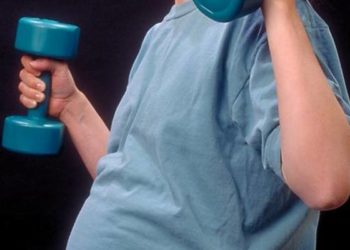Changes to physical education positively effect cognition and academic performance
1. Quality based physical activity interventions increased student’s cognition, mainly in primary education as well as academic performance (primarily mathematics-related skills).
2. Quantity based physical activity interventions had a very small effect on academic performance.
Evidence Rating Level: 1 (Excellent)
It is well known in the literature that physical activity is positively associated with enhanced cognition and academic performance especially in children and adolescents. Although there is an abundance of studies looking at these associations, there lacks a systematic review and meta-analysis synthesizing the available evidence. As a result, the primary aim of the present meta-analysis was to determine the effect of studies whose objective was to optimize physical education quantity, quality, or both, on cognition and academic performance in children and adolescents.
This systematic review and meta-analysis included 19 randomized controlled trials from electronic databases from inception to January 3rd, 2021. A total of 8676 healthy children and adolescents (53.5% boys) from 11 countries were included. To be eligible, studies had to have assessed the effect of physical education quantity (e.g., increasing the number of physical education sessions per week), or quality (e.g., enriched lessons), or both, on changes in cognition and/or academic performance in youth aged 5-18 years. 6 studies examined quantity based physical education, 13 examined quality-based physical education and 4 combined the two interventions. The Physiotherapy Evidence Database (PEDro) was used to appraise each study critically.
Results demonstrated that quality-based physical education interventions increased both student’s cognition in primary education as well as academic performance, particularly in mathematics related skills. Conversely, quantity-based interventions had a very small effect on academic performance. This study was limited by the inclusion of a small number of trials and the heterogeneity of results. Nonetheless, the results from this study provide early evidence suggesting that improving the quality of physical education classes may be a worthwhile investment in improving cognition and academic performance in youth ages 5-18.
Click to read the study in British Journal of Sports Medicine
Image: PD
©2021 2 Minute Medicine, Inc. All rights reserved. No works may be reproduced without expressed written consent from 2 Minute Medicine, Inc. Inquire about licensing here. No article should be construed as medical advice and is not intended as such by the authors or by 2 Minute Medicine, Inc.









